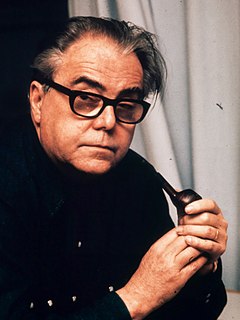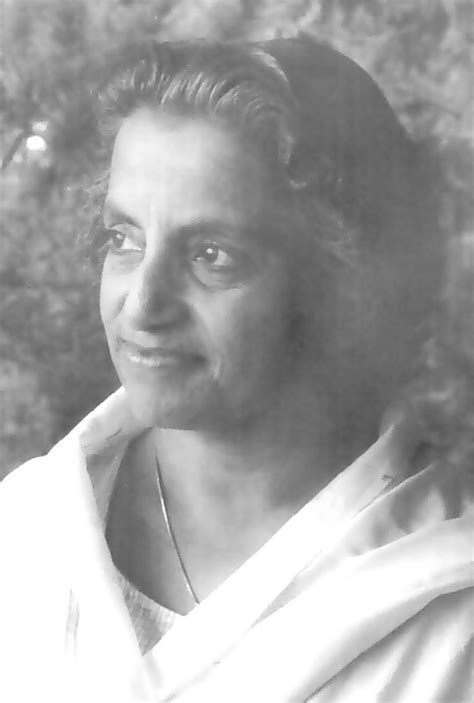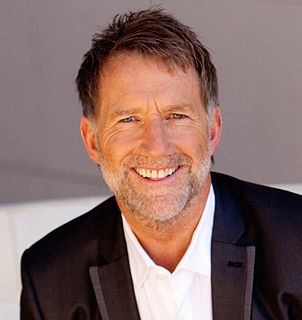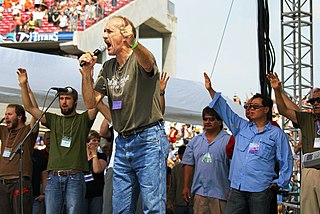A Quote by Carrie Chapman Catt
living for a high purpose is as honorable as dying for it.
Related Quotes
What you don't see on television is people dying today because they can't get to a doctor and they can't afford prescription drugs. That's why they are also dying. They are dying in Iraq because they are poor and they have gone into the military because they can't afford to go to college. They're dying because they're living in communities where asthma rates are extremely high because the air is filthy. The suffering of the poor and working class people is a virtual nonissue for the media. But that is the reality.
When one existentially awakens from within, the relation of birth-and-death is not seen as a sequential change from the former to the latter. Rather, living as it is, is no more than dying, and at the same time there is no living separate from dying. This means that life itself is death and death itself is life. That is, we do not shift sequentially from birth to death, but undergo living-dying in each and every moment.
Among us, I am happy to say, old age is honorable, and regarded as a blessing from the Lord. It is our duty to desire to live long upon the earth, that we may do as much good as we possibly can. I esteem it a great privilege to have the opportunity of living in mortality. The Lord has sent us here "for a wise and glorious purpose," and it should be our business to find out what that purpose is and then to order our lives accordingly.






































